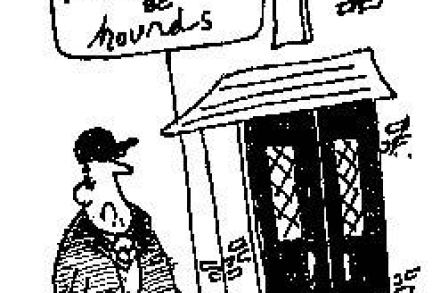‘It’s a fight to the death here’
David Cameron has said that the two most beautiful constituencies in England are his own, in Oxfordshire, and Oliver Letwin’s in Dorset. He obviously knows little of Thirsk and Malton, a small slice of North Yorkshire heaven, but the area will certainly be on his mind next Thursday. For here, the now supposedly united tribes

